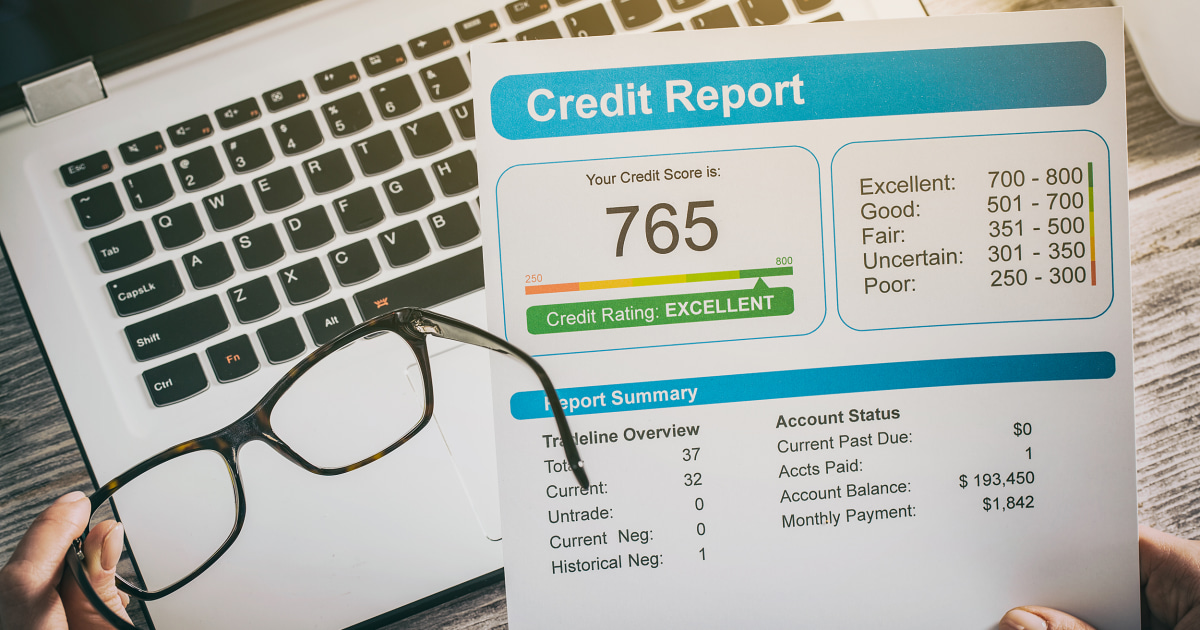If your reported credit score is lower than expected, there may be quick ways to raise it. Depending on what keeps it lower, you could gain up to 100 points relatively quickly.
Scores in the ‘fair’ and ‘poor’ ranges of credit scores can yield significant results, allowing better access to loans or credit cards and more favorable terms.
Can You Improve Your Credit by 100 Points?
If you have a low score, you stand a better chance of benefiting quickly than someone with a strong credit history.
If you start with a higher score, you probably don’t need 100 points to make a big difference in the credit you can get. Simply improving your credit score can make life easier, giving you a better chance of getting the best loan or credit card terms.
Here are some tips to quickly improve or restore your profile:
Pay Bills on Time
No credit improvement strategy is effective if you pay late. Why? Late payments are the biggest factor affecting credit scores, and late payments can remain on your credit report for up to seven years.
If you default on a payment by 30 days or more, call your creditor immediately. Agree to pay if you can, and ask if the creditor will consider no longer reporting the late payment to the credit bureau.
Even if the creditor does not agree, it is worth getting the account settled as soon as possible. Every month that the account is marked delinquent damages your credit score. Fortunately, the impact of late payments diminishes over time. Showing a number of positive credit behaviors after a delinquency can help to repair the damage faster and ultimately improve your credit quality.
If you can’t pay everything on time, know how to prioritize your bills. Check out the financial assistance available for the coronavirus pandemic.
Make Frequent Payments
If you can make small payments – often called micropayments – throughout the month, it can help keep your credit card balance low and improve your credit quality. Making several payments over the course of a month improves your credit score, called credit utilization. After a history of late payments, this is another factor that has a big impact on your score.
If you can keep your usage low instead of letting it build up towards the due date, it should benefit your score immediately.
Ask For Higher Credit Limits
If your credit limit goes up and your balance stays the same, this immediately reduces your overall credit utilization, improving your credit. If your income has increased or you have more years of positive credit experience, you have a decent chance of getting a higher limit. Call your card issuer and find if you can get a higher limit without a “hard” credit issue, which could temporarily lower your score by a few points. Some banks may also be willing to work with you during the COVID-19 crisis.
Dispute Credit Report Errors

Credit Report
An error on your credit report can worsen your credit score. Correcting it can help you improve your credit quickly.
You are currently entitled to a free weekly report from each of the three major credit bureaus: Equifax, Experian and TransUnion. Request these reports and check them for errors, such as late payments when you have made a payment on time or negative information that is too old to list any longer.
If you have identified them, challenge these errors to have it corrected. Credit bureaus have thirty days to respond and investigate. Some companies offer to dispute errors and get your credit fixed quickly, but be careful before you choose this option.
Use a Secured Credit Card
Another method to build credit from scratch or improve your credit is by using a secured credit card. A cash deposit backs this type of card; you pay it in advance and the deposit is usually the same amount as your credit limit. You can use it like a regular credit card, and timely payments help your credit. Choose a credit card that reports your activity to all credit bureaus. You may also want to consider exploring alternative credit cards that don’t require collateral.
Keep Credit Cards Open

Credit Cards
If you’re trying to boost your credit profile, be aware that closing credit cards can make this difficult. Closing a credit card means that you will lose that card’s credit limit when your overall credit utilization is calculated, which can lead to a lower score. Keep the card open and use it from time to time so that the card issuer does not close it.
Let us know in the comments section what are your tips for improving your credit score.